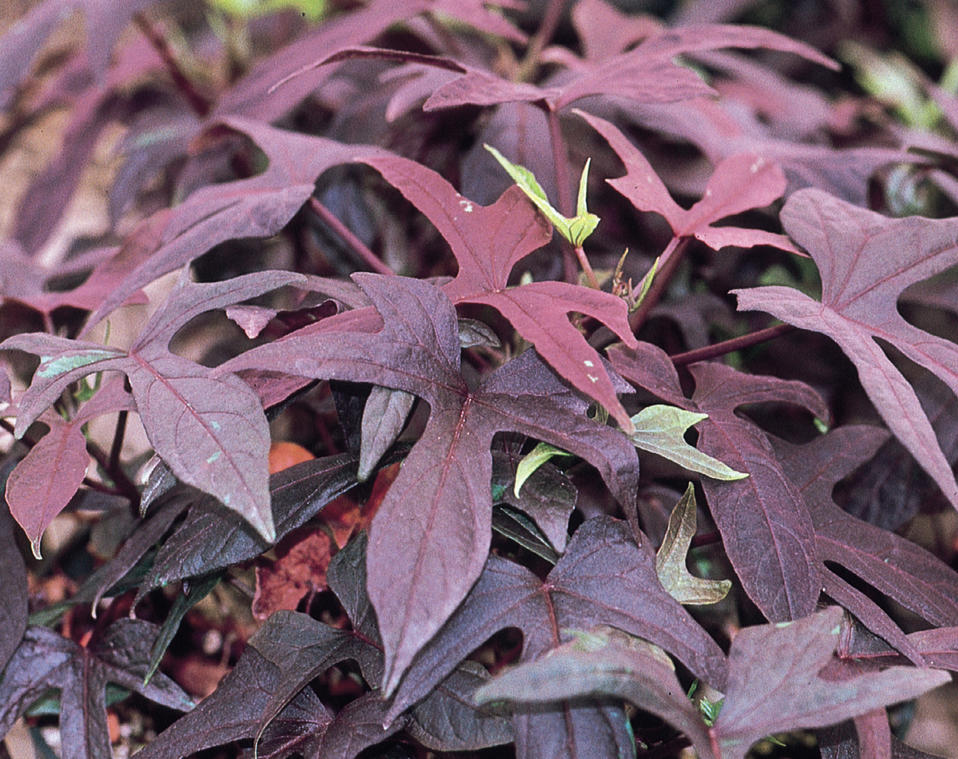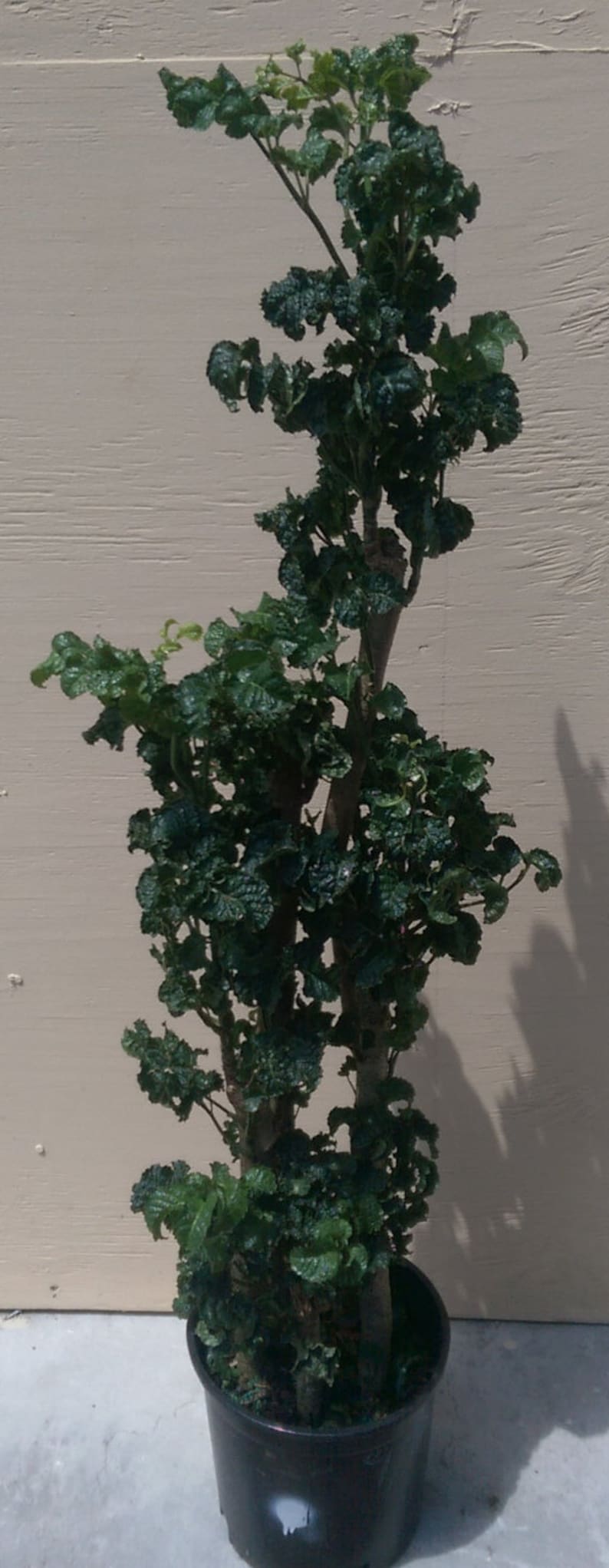Blackie Plant
The blackie plant, also known as Ipomoea Batatas Blackie, is a unique and beautiful addition to any garden or home. With its deep purple leaves and trailing vines, it adds a touch of elegance and intrigue to any space. But this plant is more than just a pretty face - it has a variety of benefits that make it worth considering for your next gardening project.
For one, the blackie plant is incredibly low maintenance and easy to care for. It's perfect for those who want all the aesthetic benefits of having a plant, without the hassle of watering and pruning every day. Additionally, this plant can help improve air quality by removing harmful toxins such as formaldehyde, benzene, and xylene from the air.
So what is the target of the blackie plant? Simply put, it's a versatile plant that can be used in a variety of ways. Its trailing vines make it great for hanging baskets, while the deep purple leaves are a stunning addition to any flower bed or garden. And unlike some plants, the blackie is resistant to both pests and disease, making it a reliable choice for any gardener.
In conclusion, the blackie plant is a beautiful and low maintenance option for anyone looking to add some greenery to their space. Whether you're a seasoned gardener or simply looking for an easy way to spruce up your home, the blackie is definitely worth considering. So why not give it a try?
Benefits of the Blackie Plant
As mentioned earlier, the blackie plant has a variety of benefits that make it a great choice for any gardener. Personally, I love how easy it is to care for - even when I forget to water it for a few days, it still seems to thrive. And the deep purple leaves are a beautiful addition to any space.
But beyond its aesthetic appeal, the blackie plant is also great for purifying the air in your home or office. This is especially beneficial if you live in an area with high levels of pollution or if you're someone who suffers from allergies.

How to Care for Your Blackie Plant
Caring for your blackie plant is incredibly easy. It requires minimal watering, so you don't have to worry about it drying out or becoming overwatered. It's also resistant to both pests and disease, so you don't have to spray it with chemicals or worry about treating it for anything in particular.
One thing to keep in mind is that the blackie plant does require some sunlight - it can't survive in complete darkness. However, it doesn't need to be in direct sunlight all day either. A few hours of indirect sunlight each day should be enough to keep it healthy and thriving.

Propagation of the Blackie Plant
If you want to propagate your blackie plant, you can easily do so by taking a cutting from the stem and placing it in water until it develops roots. Once it has roots, you can transfer it to soil and watch it grow into a new plant!

Common Problems with the Blackie Plant and How to Fix Them
While the blackie plant is generally quite resilient, there are a few common problems you might encounter. The most common issue is root rot, which can occur if the soil is too wet or if the plant is overwatered. To prevent this, make sure to only water your blackie when the soil is dry to the touch. You can also add perlite or sand to the soil to help with drainage.
FAQs about the Blackie Plant
1. How often should I water my blackie plant?
The blackie plant doesn't require much water, so you only need to water it when the soil is dry to the touch. Depending on the humidity levels in your home, this might be once a week or once every two weeks.
2. Can I grow my blackie plant indoors?
Absolutely! In fact, the blackie plant does quite well indoors since it doesn't require much sunlight. Just make sure to place it in a spot with indirect sunlight and keep an eye on the soil moisture levels.
3. How big does the blackie plant get?
The blackie plant can grow up to 2-3 feet in length, depending on how it's grown and cared for. Its trailing vines make it a great addition to hanging baskets or window boxes.
4. Is the blackie plant toxic to pets?
While the blackie plant isn't toxic to pets, it's always a good idea to supervise your pets around plants. Some pets might try to eat the leaves or vines, which could cause digestive issues.
Conclusion
The blackie plant is a stunning and easy-to-care-for addition to any home or garden. With its deep purple leaves and trailing vines, it's both beautiful and versatile. And with its air-purifying properties and resistance to pests and disease, it's a reliable choice for any gardener. So why not give the blackie plant a try and see how it can brighten up your space?
Gallery
Polyscias Guilfoylei Blackie Black Aralia Plant In 2 Gallon | Etsy

Photo Credit by: bing.com / polyscias blackie aralia gallon
Blackie Ornamental Sweet Potato Plants – Streambank Gardens

Photo Credit by: bing.com / blackie potato sweet plants ornamental
Blackie - Sweet Potato Vine - Ipomoea Batatas | Proven Winners

Photo Credit by: bing.com / potato vine sweet blackie ipomoea batatas annual plant vines plants leaves purple ipomea flower potatoe trailing varieties pots proven winners
Fuchsia - Blackie X 3 Plants

Photo Credit by: bing.com / blackie fuchsia plants
Ipomoea Batatas 'Blackie' | High Plains Gardening

Photo Credit by: bing.com / batatas ipomoea blackie plant vine potato sweet profiles plains gardening high remarks ornamental